Learning to Code Mistake #4: NoT Getting Enough Practice
Mistake #4:
Not Getting Enough Practice
A common question students ask before joining an online coding course is, “How many hours a week do I need to spend coding.”
Most courses promise that if you just devote an hour a day, you’ll be able to learn this new skill.
That estimate would be accurate if you truly spent 60 minutes with hands on the keyboard, working out loops, arrays, functions, and more.
But what really happens during that hour? By the time you learn the new material, and wrestle through your first challenge, time is up. Then you walk away from the lesson feeling uneasy, or even embarrassed. “Why is coding so hard?”, you may say to yourself.
The problem with practicing for short bursts of time is you never enter into The Coder’s Flow.
Every professional programmer knows about the Coder’s Flow. It’s a satisfying state of intense focus as you watch your ephemeral thoughts organize into commands that your computer carries out.
Paul Graham, legendary Computer Scientist and startup investor puts it this way:
“But there's another way of using time that's common among people who make things, like programmers and writers. They generally prefer to use time in units of half a day at least. You can't write or program well in units of an hour. That's barely enough time to get started.”
Graham also explained how he personally found time to get into The Coder’s Flow:
“When we were working on our own startup, back in the 90s, I evolved another trick for partitioning the day. I used to program from dinner till about 3 am every day, because at night no one could interrupt me. Then I'd sleep till about 11 am, and come in and work until dinner on what I called "business stuff.”
If Paul Graham says that an hour is not enough time for a professional to code well, and had to fight for his own time to code…
Then how much time should you, an aspiring developer devote to coding?
The Joy and Frustration Paradox
There’s a paradox students discover when learning how to code, especially online.
If you spend a small amount of time learning each day, coding will always feel frustrating. And that defeated feeling makes you want to quit, not carve out more time to code.
But those who put in the hours see breakthrough after breakthrough, and experience the joy of coding. These people start dreaming in code.
Like Neo when he first saw the Matrix, dedicated learners being “sensing” the technical layers that make up the web applications they use everyday.
If you register for Coder Foundry’s online coding course we’ll ask you to devote at least 20 hours a week to practicing your craft.
That could be 10 solid hours on the weekend, and 2 hours each weekday. That’s doable for most people.
To be successful, it will mean temporality giving up your favorite TV shows, games, and other hobbies. However, once your experience The Coder’s Flow, you won’t miss a thing.

